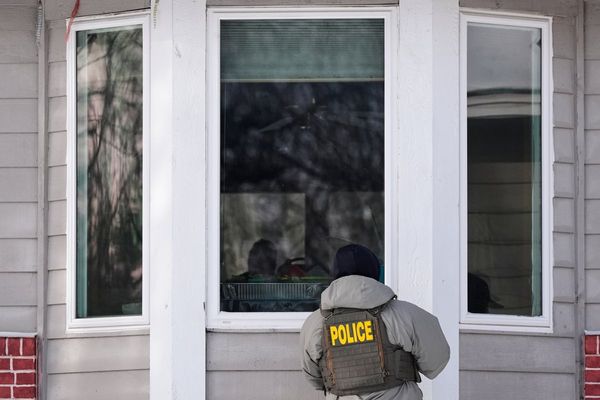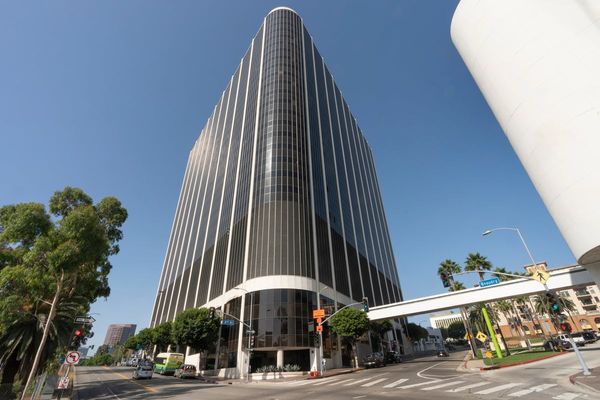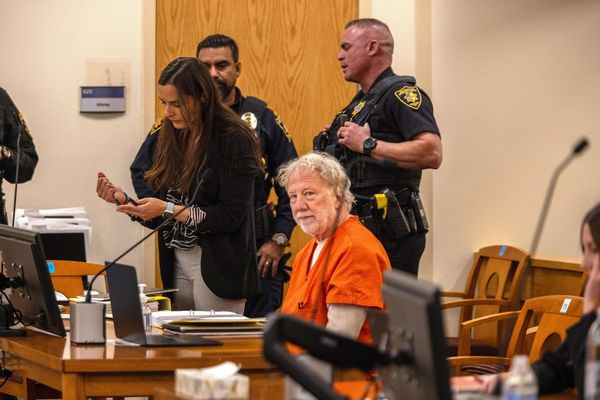
In 2012 the universe gave me one of the greatest gifts of my life. I won the Australian Antarctic Arts Fellowship and the prize was something no amount of money could buy – a bunk on the Australian Antarctic resupply vessel, Aurora Australis, and a voyage to Casey station in Antarctica.
An old dream come true.
I was in shock for days after I was given the news. It was the hardest grant I had ever applied for and it took me weeks to finish. I went over every answer 10 times or more. I was obsessed. I hardly slept. I wanted it so very badly and that terrified me because the chances of winning were so slim. I tried not to hope, to dream, but the ghost of a ship long sunk was calling out to me: come and find me. Please don’t forget about me. I’m down here all alone in the cold and in the dark.
I said the words over and over in my head.
Nella Dan
Nella Dan
Nella Dan
They made my heart beat out faster.
When I was 12 years old I was head over heels in love with a little red ship, the Danish polar vessel Nella Dan. She worked for the Australian Antarctic division for 26 years, and in the 1980s Hobart was her home away from home. Inside she was all wood and brass – a lady from another time. She smelt like Danish food, like warm butter and pastries and black bread and real coffee. A slice of Scandinavia docked in grey old Hobart.
She lit up the whole town.
I decided I would work at sea, sail the Southern Ocean. I’d go with Nella Dan on all her adventures. At night my bed became a ship on the slate-green water and I would look up at the open sky – the stars pale there, both the moon and the sun shining down at once. It was always light.

But my dream wasn’t to be. On 3 December 1987 Nella Dan hit some rocks at Macquarie Island during a resupply voyage and, after a long and emotional battle to save her, was scuttled in deep water on Christmas Eve.
Down, down, down in the darkness, alone and away from the air and the light.
Her crew was heartbroken – many of them still are to this day.
I was, too.
I would think about her lying on the bottom of the ocean, 4km down in the dark. It made me feel very cold. I missed seeing her at the wharf – shining bright and smiling. I kept photos of her on my bedroom wall and I promised that I would not forget about her.
But time rolled on. The world continued to spin.
And I grew up.
‘She was back’
My first novel, Past the Shallows, was published in 2011, and that changed the direction of my life completely. I went from being a postal worker to a writer almost overnight. But Past the Shallows had taken me five long years and I had no idea how I was going to write another book. In true procrastination mode, I took on the task of cleaning out the spare room. I diligently sorted through all the collected junk, the boxes and boxes of old papers and memories, old dreams.
And there she was, smiling up at me, Nella Dan. The photos of the little red ship that I had Blu-Tacked to my bedroom wall all those years before.

I felt an energy pulse through me. This was a line to follow, a lead to pick at, something I had to write about. She was back, and I wanted to remember everything, find out everything. I wanted to bring her to life again.
The writing poured out of me and I began to dream about her almost every night. Her bright red hull and rolling swell the size of mountains. Albatross soaring on thermals and a million shades of blue, of white.
Antarctica.
Then came a voice – a character real and alive: a man called Bo Anker Johansen from an island in the Baltic Sea. He was tall and kind and made the best pancakes in the world. He told me about his home, about Nella Dan. He told me about his life as a cook at sea and I listened to every word.
You will lie down on your bunk – your ship steady, vibrating, humming. You will listen to the engines and the hull cutting through the ice. You will never forget that sound. You will remember it for the whole of your life – the clink click clink, the scraping, the sharpness.
Now, I would get to live Bo’s life through my fellowship. My own adventure. I was going to see and feel everything my character had told me about. And my trip was edging closer.
But first, a full week of training at the Antarctic division in Hobart. First aid, frostbite, conflict resolution, firefighting drills, survival-suit drills, how to urinate into a bottle while wearing a freezer suit. Then I was fitted for all my gear. Snow boots, freezer suit, thermals, working boots, woollen socks, work pants, snow jacket, special polarised sunglasses, neck fleece, emergency kit bag – the list was long. The training was intense and fascinating – and I was completely terrified. I didn’t get much sleep. The night before departure, I got none.
I didn’t really need to get on a ship and sail on the Southern Ocean, right? Maybe I could just stay here, on land. Maybe I could just write the book without going anywhere? Who needs to go all the way to Antarctica to write? How would I handle the isolation? How would I manage to get along with all these new people? What if I freaked out halfway there, had a panic attack, made a fool of myself? The doubts ran on and on and I knew that once I was onboard there would be no way out. I could not just change my mind and go home. I would be stuck.
But then the 12-year-old kid in me kicked in; she was not going to let me back out. I was going; she knew that. I was going to step on to that orange ship, Aurora Australis, watch Hobart grow smaller and smaller until the Derwent River became the sea and the land became a smudge on the horizon; watch the mobile reception go down bar by bar until my phone was just a useless digital clock.
There would be just me. A bunk. A cabin. A ship on the Southern Ocean.
It would be simple. All I needed.
***
We pulled away from Hobart with the sun going down, and I felt completely out of my body with fear. I made last calls from my mobile. I cried to my husband, to my brother. I made my bed and sat on my bunk. I closed the blinds of the porthole so I didn’t have to look at land, at Tasmania, getting further away. I climbed in under my doona, snuggled in as tight as I could. I closed my eyes and shut everything down. I fell into a deep sleep.

When I woke, I opened the blinds and outside my porthole there was nothing but water. A bolt of energy ran through me: I jumped up and got dressed – thermals, pants, socks, boots, snow jacket – and left my cabin. I ran along passageways and up two flights of stairs until I found the heavy and cold metal door to outside.
Outside.
The crisp glory of the Southern Ocean hit with full force. I was here. There was no way back now, no one to call. I was so incredibly happy in that moment; I knew I would not be frightened again and I would not think of home.
I would love every single second of the journey.
Favel Parrett is an Australian author, and was an Antarctic Arts Fellow.
This is an edited extract from Griffith Review 77: Real Cool World, out now







